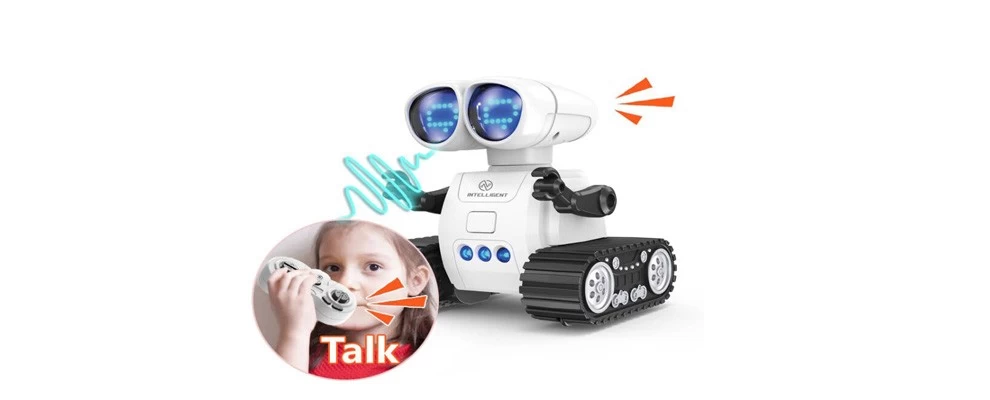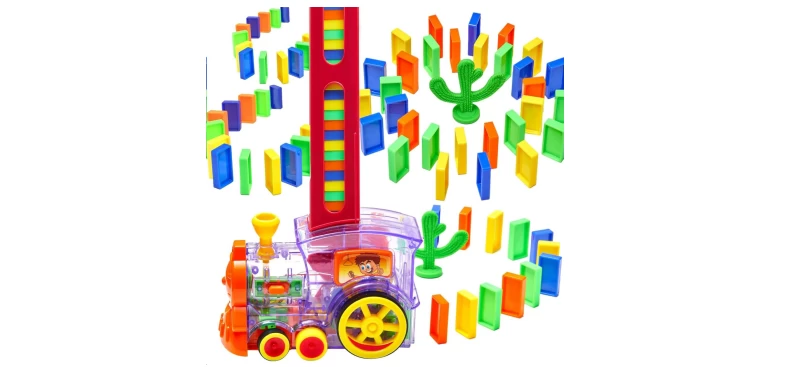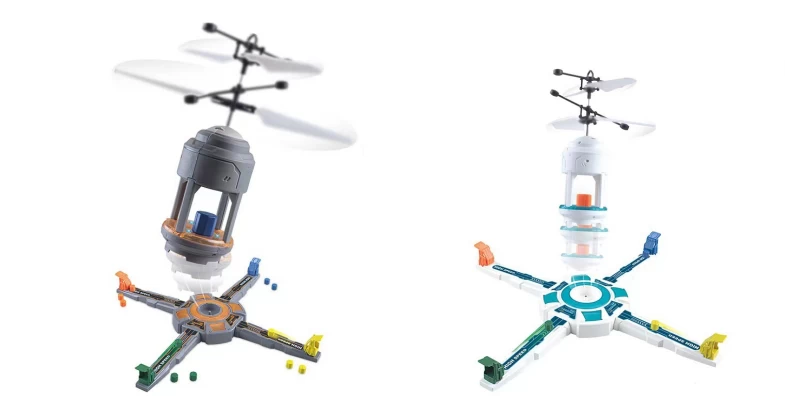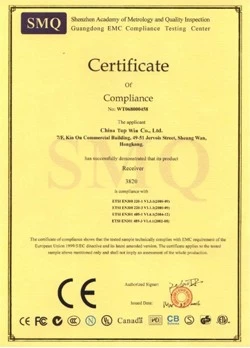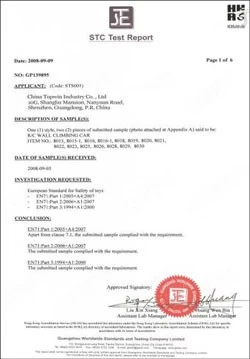Scientists clone monkeys for the first time
chinatopwin
chinatopwin
2018-01-25 09:43:16
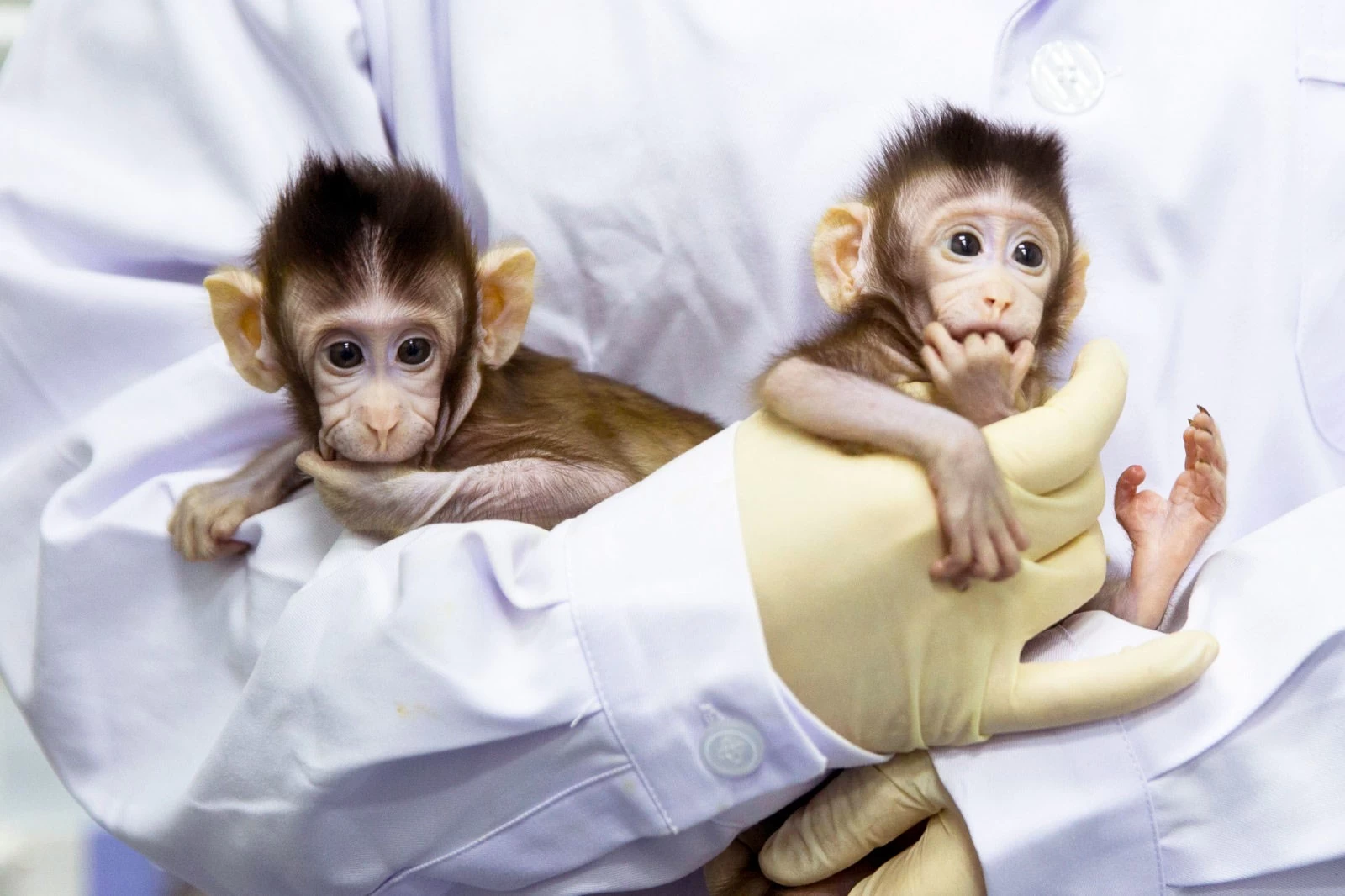
from dogs to ponies. Primates, however, have been elusive -- until now. Chinese researchers
have successfully cloned a macaque monkey fetus twice, producing sister monkeys Hua Hua
and Zhong Zhong using the same basic method used to create Dolly. The team removed the
nucleus from monkey eggs and replaced it with DNA from the fetus, implanting the resulting
eggs in female monkeys for them to give birth.
The process wasn't easy. It took 127 eggs and 79 embryos to get these results, and it still
The process wasn't easy. It took 127 eggs and 79 embryos to get these results, and it still
required a fetus to work (Dolly was cloned from an adult). Still, it reflects progress in cloning
science. The team managed the feat by injecting both a form of mRNA and an inhibitor, the
combination of which improved the development of blastocysts (the structures that form the
embryo) and the pregnancy rate for transplanted embryos.
Both baby macaques are healthy, the researchers said, and genetic tests confirm they really
Both baby macaques are healthy, the researchers said, and genetic tests confirm they really
are duplicates. There could be success with cloning based on adults, too, as the team is still
waiting on results from multiple pregnancies.
In theory, this makes human cloning more realistic given the genetic similarities between
In theory, this makes human cloning more realistic given the genetic similarities between
monkeys and our own species. However, that's unlikely to happen any time soon, if at all.
There are numerous ethical objections, and not just because it would involve creating exact
copies of people. Whether or not you mind cloning based on fetuses, the process currently
requires many failures to get to the intended results. There's also the question of what
happens with those clones that do survive into adulthood -- they may face pressure to live
up to the original.
As such, monkey cloning may be limited to medical research, where having more than one
As such, monkey cloning may be limited to medical research, where having more than one
monkey with the same genes could help scientists compare the results of treatments or test
under specific conditions. That still won't please everyone, but it'll at least represent an ethical
line in the sand that science is unwilling to cross.


